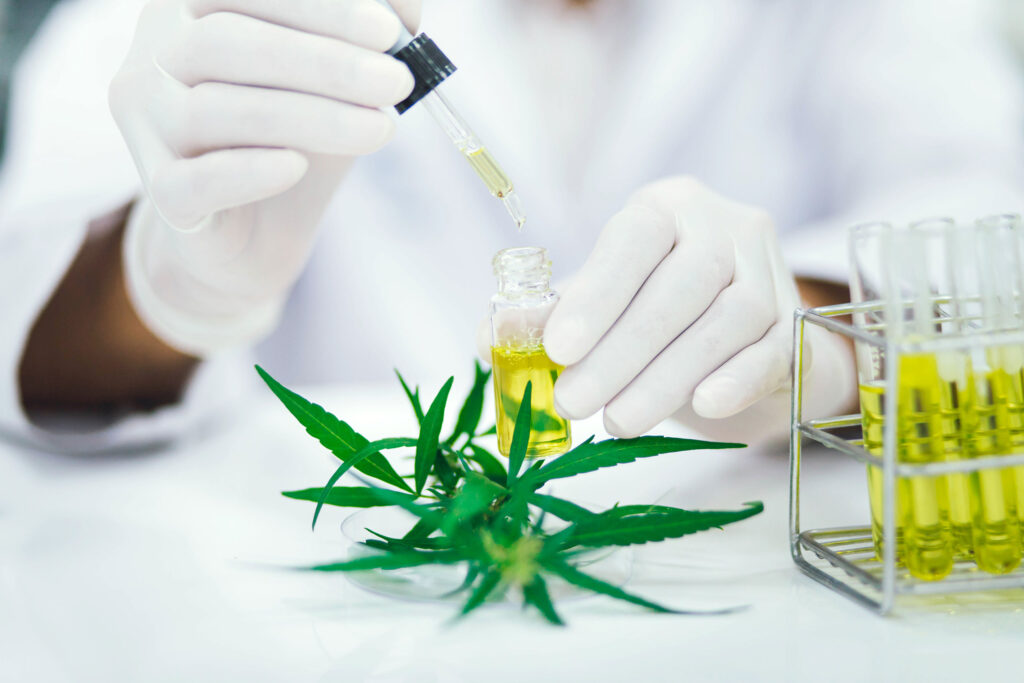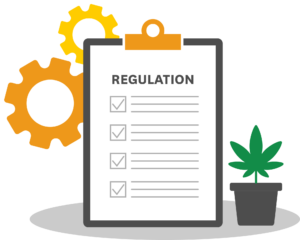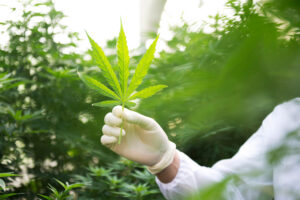Editor’s Note: This op-ed was originally published on STAT on February 3, 2023.
The dietary supplement industry has been begging for federal oversight of products containing cannabidiol (CBD), a non-psychoactive compound found in the cannabis plant that is being incorporated into a bewildering range of oils, tinctures, edibles, and other products. Certification by the Food and Drug Administration that these products are safe and useful against many common ailments could unleash a $60 billion annual market by 2030.
But the FDA turned down industry trade groups, and for good reason. Regulators can set standards only for products they understand, and right now the evidence on CBD safety is thin to nonexistent, and is similarly speculative on its effectiveness.
In its long-awaited decision, the FDA called on Congress to establish new regulatory pathways for cannabidiol, which I believe was also the right decision. The FDA is the best agency to regulate CBD products, but it needs new tools so it can tackle the job of managing CBD risks separate from existing food and supplement rules.
This is a bipartisan issue, and Congress should act quickly on it. Additional research on the benefits and risks of CBD is imperative. Without new authority that ultimately would allow safe cannabidiol-based products access to the market, the FDA has the unmanageable task of controlling what can only be described as a wild west of unsubstantiated claims.
As a health economist focused on drug policy, I’ve seen how the health possibilities of CBD have been trumpeted while the relatively few known risks have been downplayed.
CBD fans — and there are many of them — claim it relieves pain, reduces anxiety and improves sleep, among myriad other benefits, without the intoxicating effects of tetrahydrocannabinol (THC), the compound in cannabis that produces its high. The Agriculture Improvement Act of 2018, commonly known as the Farm Bill, legalized CBD derived from hemp, a type of cannabis plant, which kicked off a land rush that saw CBD products become widely available online, in convenience stores and gas stations, as well as in regular pharmacies.
But as usage of these products has grown, so have questions about potential risks. Studies have shown the potential for harm to the liver, the male reproductive system, children, and pregnant people, along with possible adverse drug interactions. No conclusive evidence exists to determine how much CBD can be consumed before causing harm. CBD can also pose risks to animals, and to people exposed to it through meat, milk and eggs from animals fed it.
Many questions exist because science about CBD’s effects is lacking. To date, only one CBD-infused prescription drug, Epidiolex, used to treat rare forms of epilepsy, has passed FDA muster. But the daily dose of CBD delivered in this drug is far below that offered in the market today.
The FDA is not alone in asking for more information. In June 2022, the European Food Safety Authority, which is responsible for regulating CBD in food supplements throughout the European Union and requires that all cannabidiol products obtain pre-marketing authorization, put a stop on all new product applications because of knowledge gaps on the effects of CBD on the nervous system, psychological function, and reproductive system.
Sign up for Schaeffer Center news
In the U.S., the National Institute on Drug Abuse has been funding work on the effects of CBD generally, but science takes time. When CBD is studied in a lab, it is administered in isolation in precise and known quantities. CBD available in commercial, nonpharmaceutical grade products, is not consumed in isolation, and little is known about the dose and other ingredients in CBD products. What’s more, little is known about the effects of synthetic CBD.
The bottom line is that there isn’t enough evidence about products infused with higher doses of CBD than those studied in the lab and often mixed with other substances to precisely regulate them. Studies that can expand that base are beyond NIDA’s budget.
Without data, the FDA cannot arrive at conclusions about CBD safety. It cannot act as it has with other drugs and foods to protect the public by ordering clear labels, imposing potency limits, preventing contaminants, and setting a minimum age for purchases.
Much is at stake in getting CBD’s safety profile defined for consumers, clinicians, manufacturers, and others. Undefined and unregulated, CBD will continue to pose unnecessary risks and never reach its potential as a legitimate health supplement. Congress should find the funds to unlock the mysteries of CBD and give the FDA the political cover it needs to ensure the U.S. has a safe and useful CBD marketplace.
Rosalie Liccardo Pacula is a senior fellow at the USC Schaeffer Center for Health Policy and Economics; a professor of Health Policy, Economics and Law at the USC Price School of Public Policy; and president of the International Society for the Study of Drug Policy.



